Hi friends,
As you know, embossing powder is designed to stick to wet ink. You then heat set the powder and it melts to a raised, shiny, embossed image.
One challenge folks often have is with those very tiny granules that stick where you don’t want them to. How to get rid of the one or two small bits of powder left on the cardstock after you’ve tapped most of it off? Here are 4 tips!
Tip #1: The first step is before you even stamp your image: Don’t handle your cardstock a lot. No matter how clean our hands are, oils from our fingers can get on the cardstock…and embossing powder will stick to these areas! Hold the cardstock on the edges instead.
Stamp and sprinkle with embossing powder, then gently tap off the excess. No need to smack it!
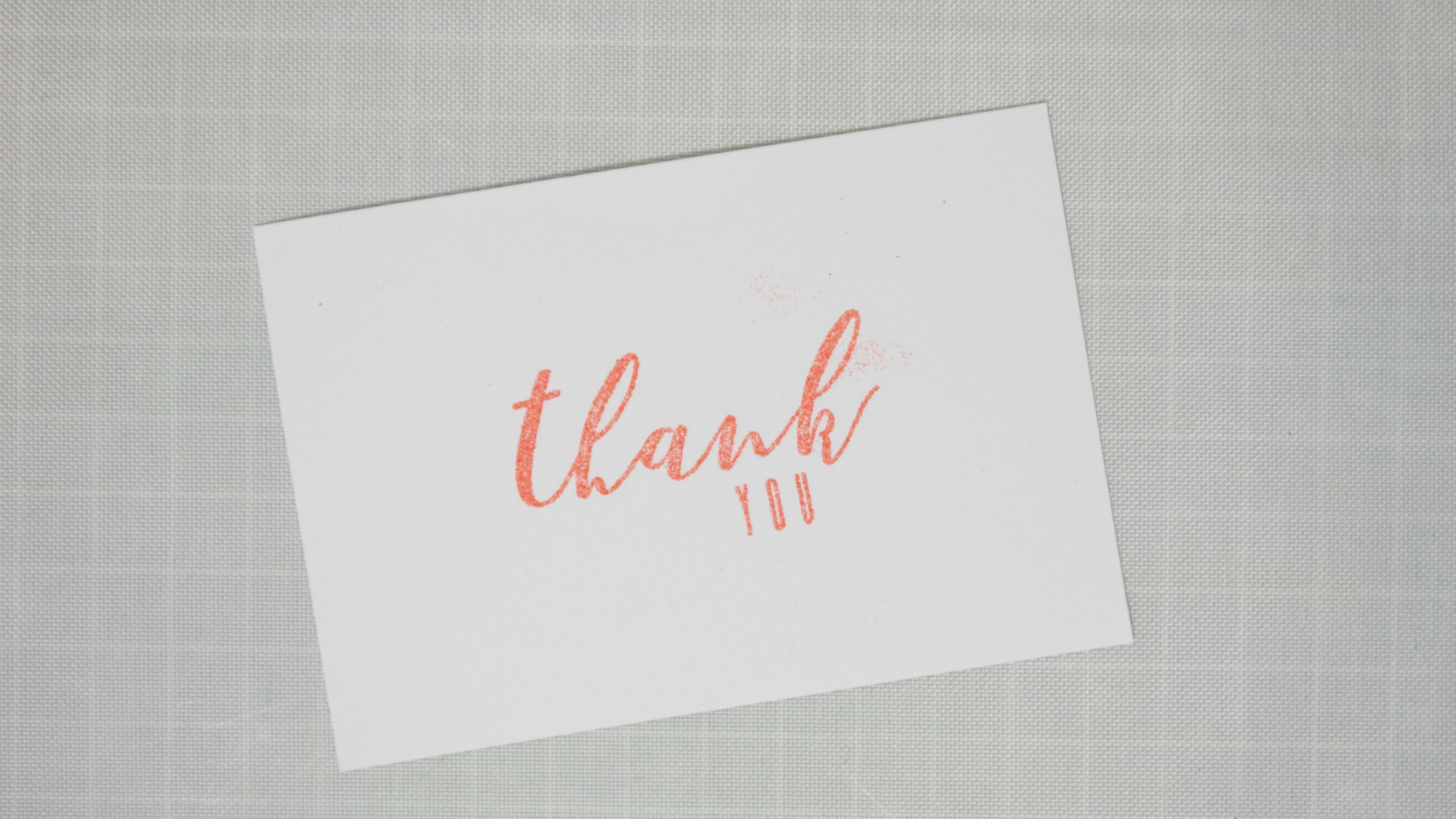
Tip #2: Take the piece over to better light if necessary. Scan the piece for stray bits of powder. A fine dry brush makes it easy to whisk away some granules.
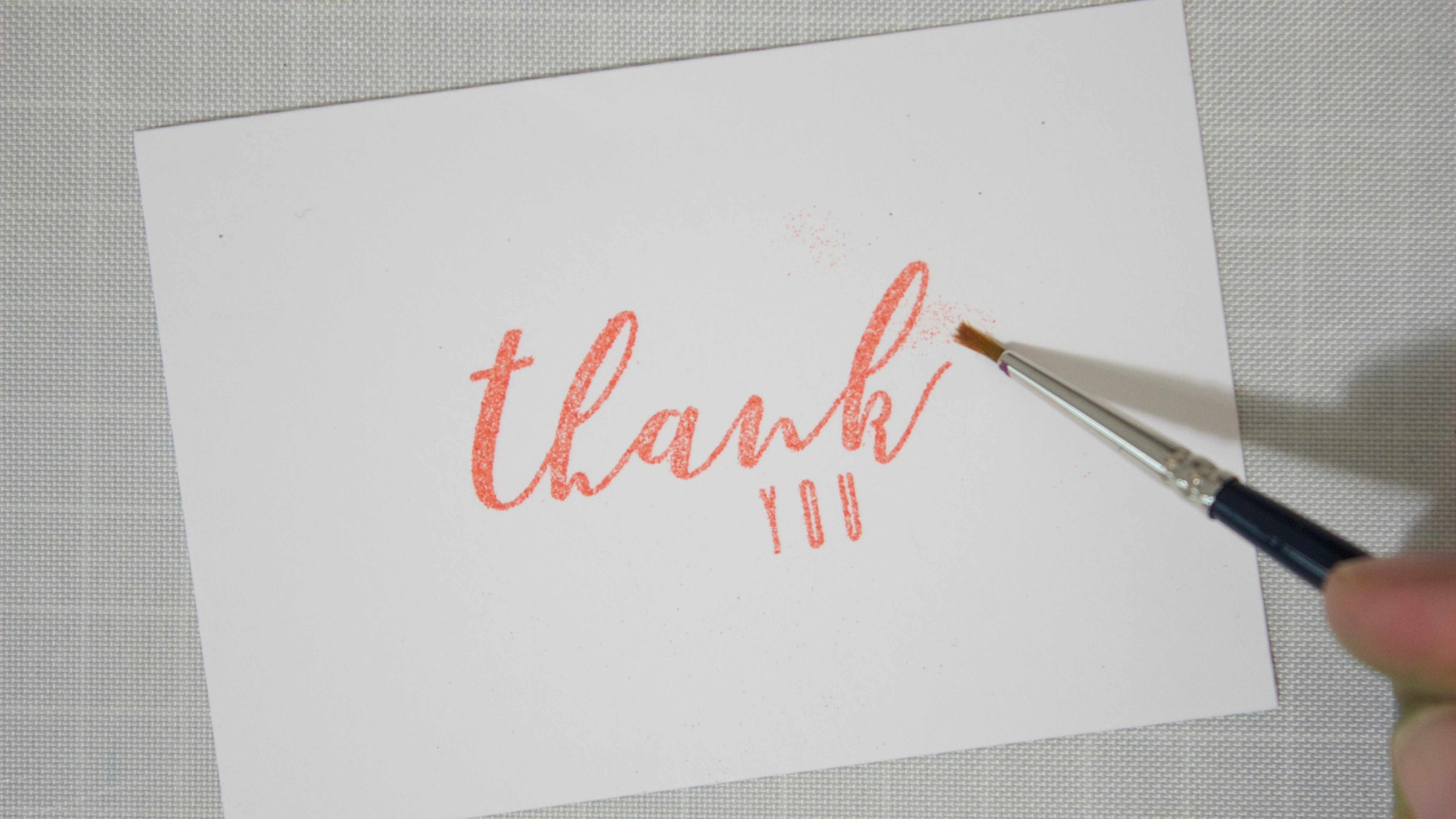
Tip #3: For areas that are hard to reach with even the smallest brush tip (like in between the script of words) I use a toothpick.
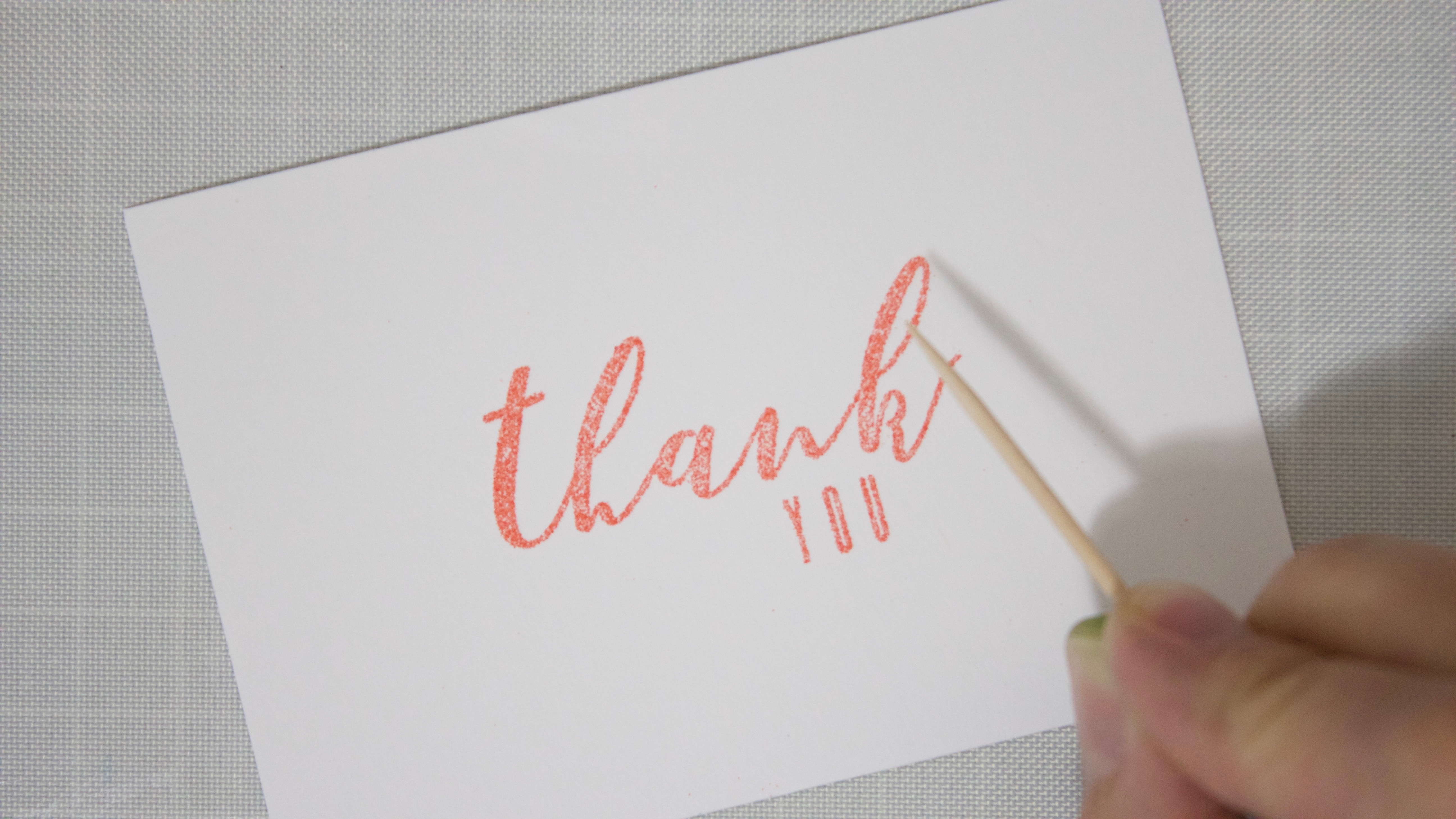
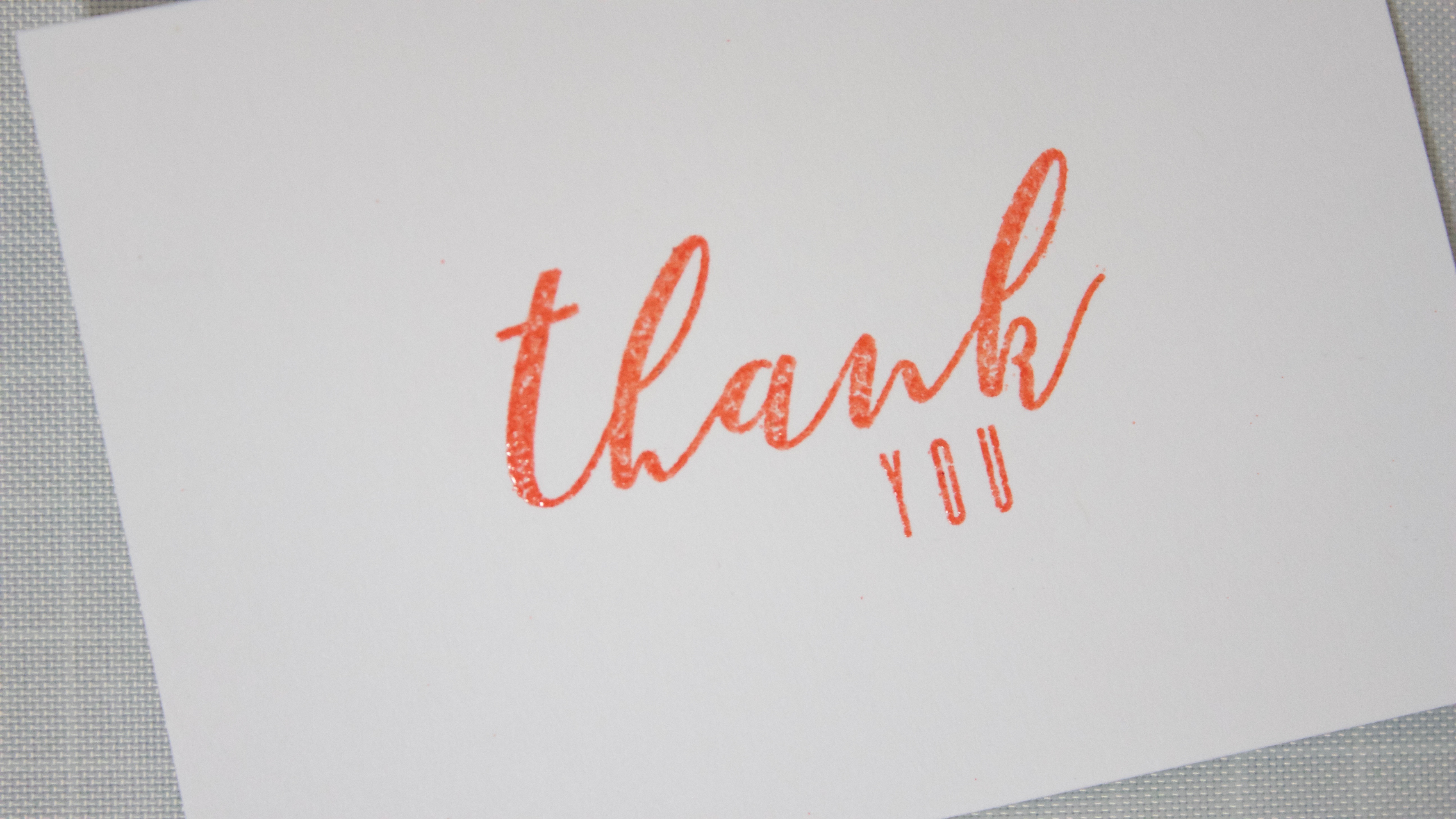
Tip #4: (With thanks to Marion Emberson at WOW Embossing) Many people decant their embossing powders from the jars into larger plastic trays and use a plastic spoon to scoop it out. I was chatting with Marion yesterday and she told me that the plastic of the containers and the spoons will introduce static to an embossing powder. This static can cause the embossing powder to stick to other areas of your cardstock…exactly what you don’t want! (If you ever need to use a spoon with your powder, use metal.)
(WOW! Embossing is static free…the powders and jars—the company does a double process to remove the static while making the powder, so definitely keep it in the jar it came in, or in the empty jars WOW has.)
Hope you enjoyed the tips!


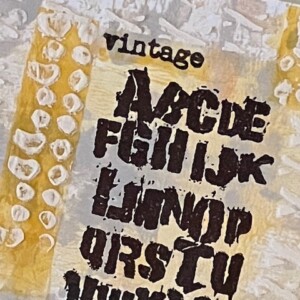
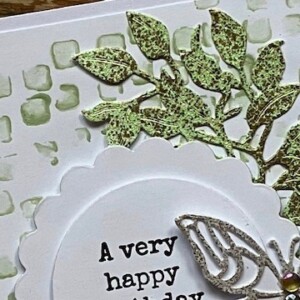
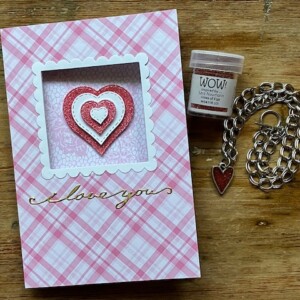
Sara — when I decant embossing powder I always include in the larger container the small desiccant packs that come in meds and other products. They absorb any moisture and static energy that can be very very annoying. Thanks for this helpful blog post. You rock — Fran
Thanks, Fran, a good tip to know! 🙂